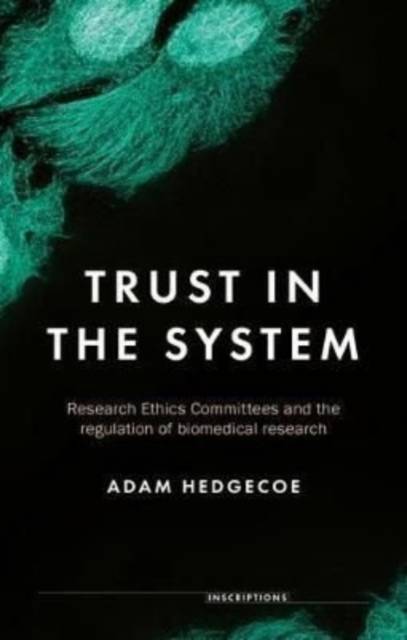
- Retrait gratuit dans votre magasin Club
- 7.000.000 titres dans notre catalogue
- Payer en toute sécurité
- Toujours un magasin près de chez vous
- Retrait gratuit dans votre magasin Club
- 7.000.000 titres dans notre catalogue
- Payer en toute sécurité
- Toujours un magasin près de chez vous
Trust in the System
Research Ethics Committees and the Regulation of Biomedical Research
Adam Hedgecoe
34,45 €
+ 68 points
Format
Description
Every month, groups of people from all over the United Kingdom decide what kind of research should be carried out on patients within the NHS. These groups - Research Ethics Committees (RECs) - made up of doctors, nurses, researchers, and members of the general public - help shape the future of medicine, and play a crucial role in the regulation of a wide range of research from social science to epidemiology, vaccine and drugs trials to surgery.
Based on extensive observations, interviews, and archival research, this book provides an in-depth insight into RECs, one of the most crucial forms of regulation around medical research. In providing one of the first empirical examinations of this kind of regulation, this book challenges the impersonal, de-socialised, and mechanical models of REC decision-making.Spécifications
Parties prenantes
- Auteur(s) :
- Editeur:
Contenu
- Nombre de pages :
- 224
- Langue:
- Anglais
- Collection :
- Tome:
- n° 4
Caractéristiques
- EAN:
- 9781526167057
- Date de parution :
- 15-11-22
- Format:
- Livre broché
- Format numérique:
- Trade paperback (VS)
- Dimensions :
- 140 mm x 216 mm
- Poids :
- 263 g







